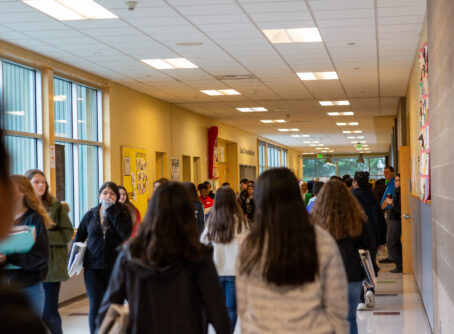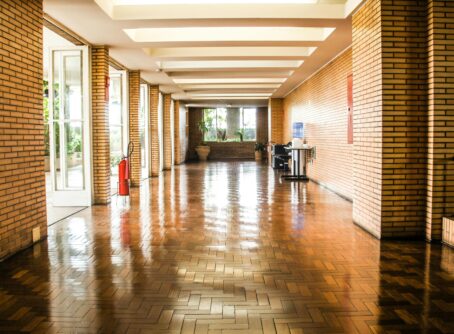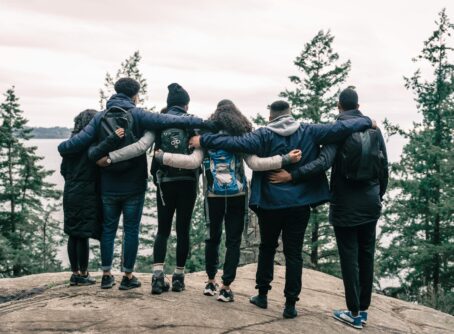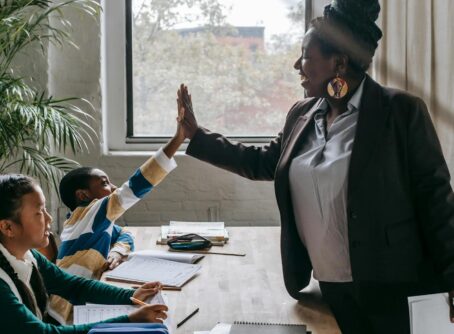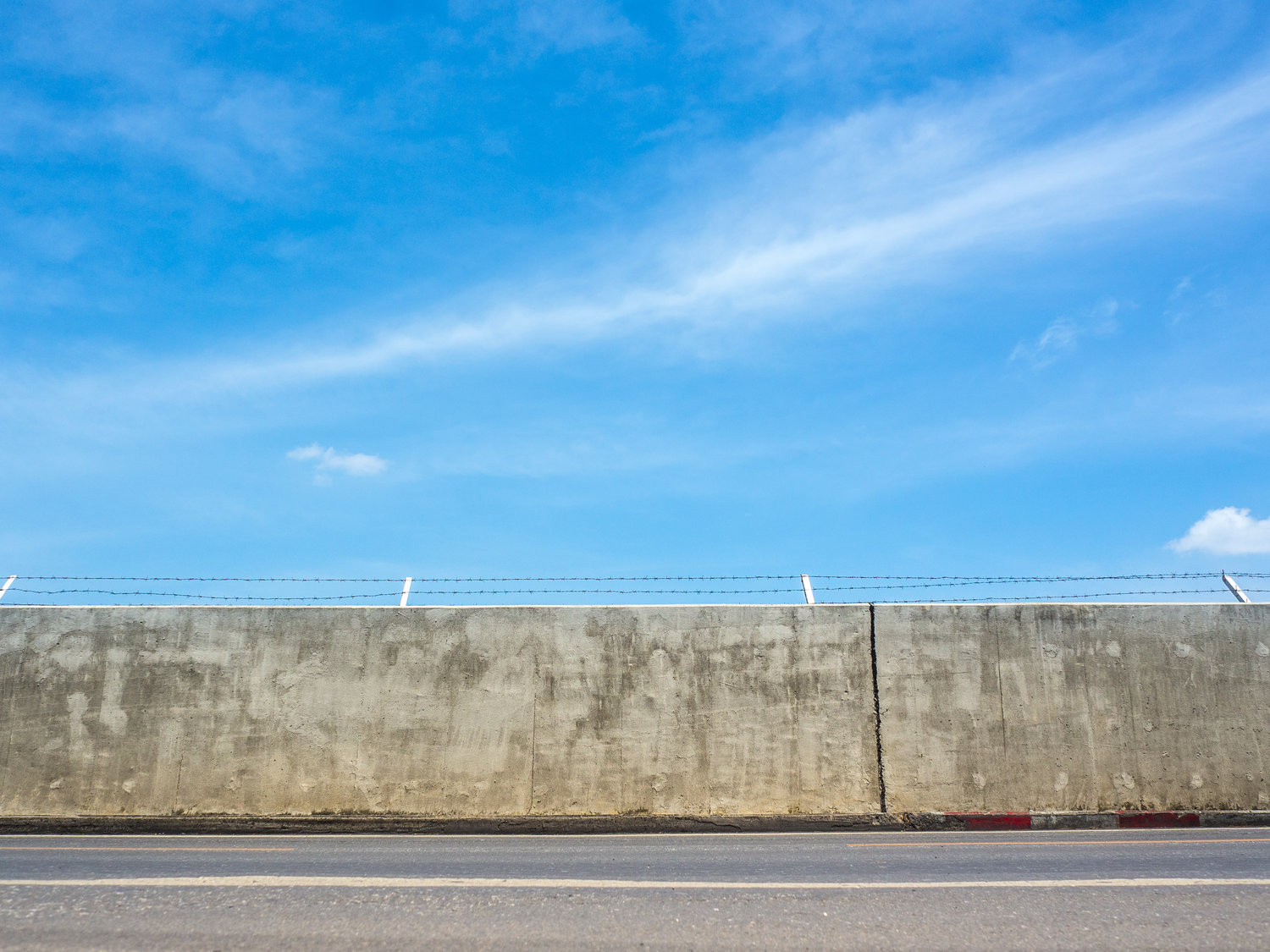
In April of 2017, Prison Fellowship launched Second Chance Month—a nationwide campaign to highlight and address the obstacles that formerly incarcerated individuals face over the course of their lives after being released from prison. Since then, several states and over 200 organizations and businesses have made public statements affirming their support of April as Second Chance Month. In the last two years, the Trump administration has also declared April as Second Chance month.
“1 in 3 individuals have a criminal record
In the United States, more than 70 million people—roughly one in three individuals—have a criminal record, which often creates barriers to things like housing, education, and employment. Though the payment of one’s debt to society should end upon release, the stigma of incarceration often impacts men and women for the entirety of their lives, as more than 44,000 documented legal restrictions currently hamper successful reentry into society. When individuals feel unable to contribute to society or attain a stable livelihood, the likelihood that they will reoffend drastically increases.
As Christians, we are called to advance justice and proportionality in our criminal justice system. We are called to recognize the God-given dignity in every person and to seek restoration—for the duration of incarceration and after returning home. In 2017, Steve Holt reflected on this in a Shared Justice article highlighting the barriers to housing that returning citizens face:
Imagine being seen constantly in terms of the worst thing you have ever done – that is exactly what happens when we label people as criminals on the basis of their prior involvement with the justice system. As Christians, God sees us as children, lovingly created in His own image. His grace extends to every person, regardless of their past. This grace is a grace that we receive freely, apart from any action of our own doing; therefore, we have the responsibility to freely extend grace to others.
The work of restoration must include addressing the systemic barriers to housing, employment, and community networks, among other things, that returning citizens face upon release. Furthermore, the work of restoration falls not only to the government, but also to citizens, faith-based organizations, universities, and congregations.
In honor of Second Chance Month, Shared Justice is featuring a series throughout the month of April to explore various aspects of the criminal justice system and identify opportunities for reform and restoration. The series will help us collectively discern what justice requires to ensure all individuals, including returning citizens, have the ability to flourish. The articles in this series will reflect on topics ranging from higher education and religious freedom protections, voting rights for returning citizens, and the role that faith-based organizations are playing in serving families of current and formerly incarcerated individuals.
As young adults, we have the ability to shape what happens next. We have a responsibility to seek justice for the millions of individuals, families, and communities impacted by the criminal justice system. Join us in the month ahead as we highlight and explore opportunities for reform and restoration in the criminal justice system.
Courtney Beals is the Assistant Editor of Shared Justice, a program of the Center for Public Justice.

